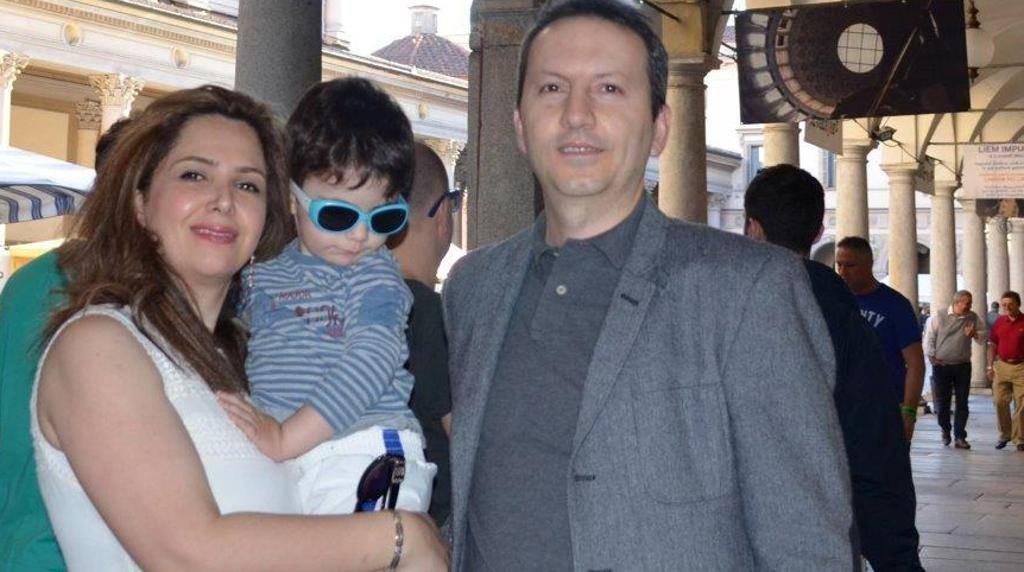Iran has been living for almost 30 years with a legal system aligned with Sharia law in accordance with Islam, the Islamic Revolutionary Court, or Dadgah-ha-e Enqelab. The name recalls the 1979 revolution, which reoriented that system; the USIP frankly refers to it as having “erased six decades of modernization of Iran’s judicial system.” In that time, the branches of justice themselves have presided over matters most commonly publicized, and criticized, as profoundly disruptive of human rights; judges like Abolqasem Salavati have seen to this, and a death sentence being imposed on Iranian Ahmadreza Djalali is only the most recent minor headline of this type to appear.
The Center For Human Rights In Iran reports that Swedish resident Djalali has been sentenced to death for moharebeh, a determination which is understood as being an “enemy of god,” but specifically applies to crimes of terrorism, rape, vulgarity, and rebellion against the government, among many others. The irrational convenience of this definition of crime is felt and understood through the many stories we hear (and do not hear) of political prisoners and/or dual-nationals working in Iran. As a result, Judge Salavati’s name has become synonymous with such cases, “including Iranian-Americans Amir Hekmati, Saeed Abedini, and Jason Rezaian, who were released in January 2016 in a prisoner swap deal with the United States.”

These actions are both at odds with President Rouhani’s motions to engage further with the West, and darkly echo with the US administration’s continuously compromised, unlearned gestures of diplomacy. Tragically, as bureaucrats and officials redraw sand-lines and barter rhetoric, actual human lives are centered in the struggle. Monikers attributed to Salavati as a result of his role in these lives include “Hanging Judge” or the “Judge of Death,” but it should be noted that he is but one such official to have earned such ignominious titles; former Chief Justice Sadegh Khalkhali (passed away in 2003) “who sent hundreds of people to their deaths,” once held the informal designation.
In addition to death-sentencing, Salavati’s offenses have included the legally-sanctioned torment of Sufis, punishing those who ran a website and sentencing them to Evin Prison in ward 350. Named on the 2011 European Union’s sanctions list for human rights violations, Salavati’s entry calls out his role in the post-election “show” trials for reformists, and that “he has sentenced more than a hundred political prisoners, human rights activists and demonstrators to lengthy prison sentences.”
Back in February, Djalali went on a hunger strike, in part to protest Salavati’s threats of the death penalty. Those threats were, unsurprisingly, real, empowered by a severely damaged judicial system which repeatedly dehumanizes all who are caught in its wake. Additionally, as of yesterday, Djalali further articulates that his truly described offense was his refusal to be a spy for Iran.
Djalali has 20 days to appeal against his sentence. More on this story as it develops.






